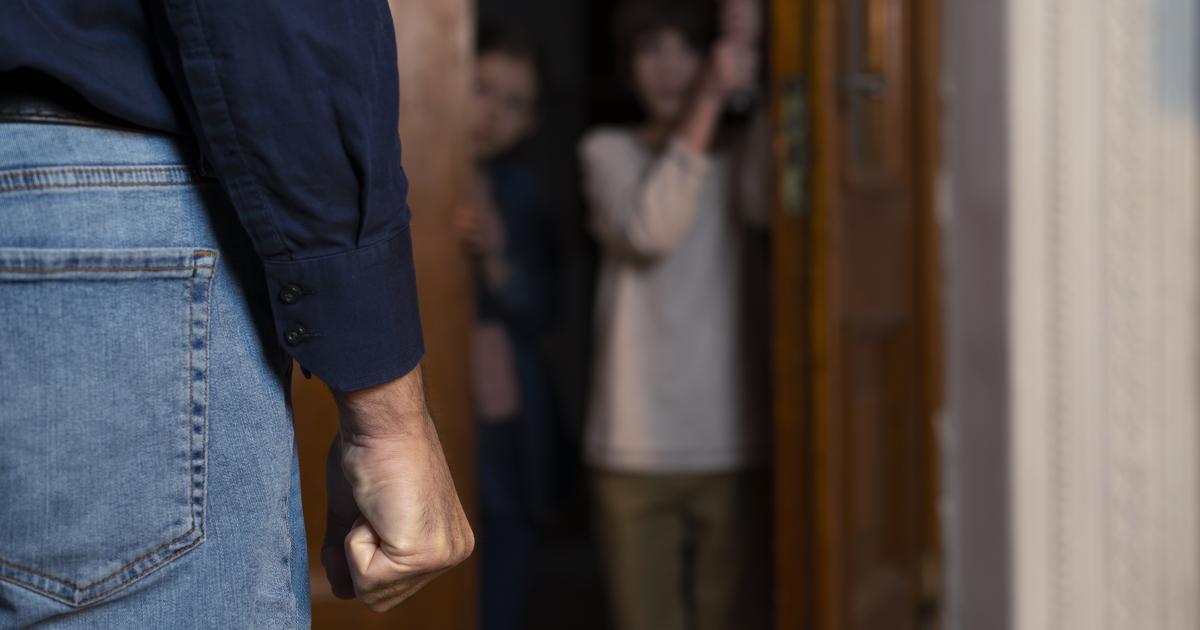
Spain introduces a new law against "okupas"!
News/
What does the new law change?
The main thrust of the reform is the introduction of speedy court procedures in cases of illegal occupation of property. Proceedings are to take a maximum of 15 days from the time the case is brought to court, which is a significant speed-up compared to previous processes, which could take up to several months. Once a verdict is issued, eviction is to be carried out immediately, eliminating long waiting periods for owners.
The reform also incorporates crimes such as usurpation of property and illegal seizure of property into quick court procedures. Previously, these crimes, although defined in the Criminal Code, were dealt with in much longer trials.
Limitations and criticism
The changes only apply to cases where illegal seizure of property occurs. They do not cover situations in whose tenants have a lease agreement, but, for example, are in arrears with rent or remain in the property after the contract expires. In addition, critics of the reform, mainly on the left, argue that the new legislation could hit vulnerable people, such as families with children, who occupy vacant properties for lack of alternatives.
Reactions and outlook
The new law has been passed in the Congress of Deputies and is awaiting Senate approval. The support of groups such as the PP (People's Party) and PNV makes its entry into force appear very likely. Critics, however, point to potential enforcement problems, such as overburdened courts and the risk of abuse of tenants.
This reform is another step in Spain's debate over balancing the protection of landlords' rights with social housing needs. Will it be effective? Time will tell.







